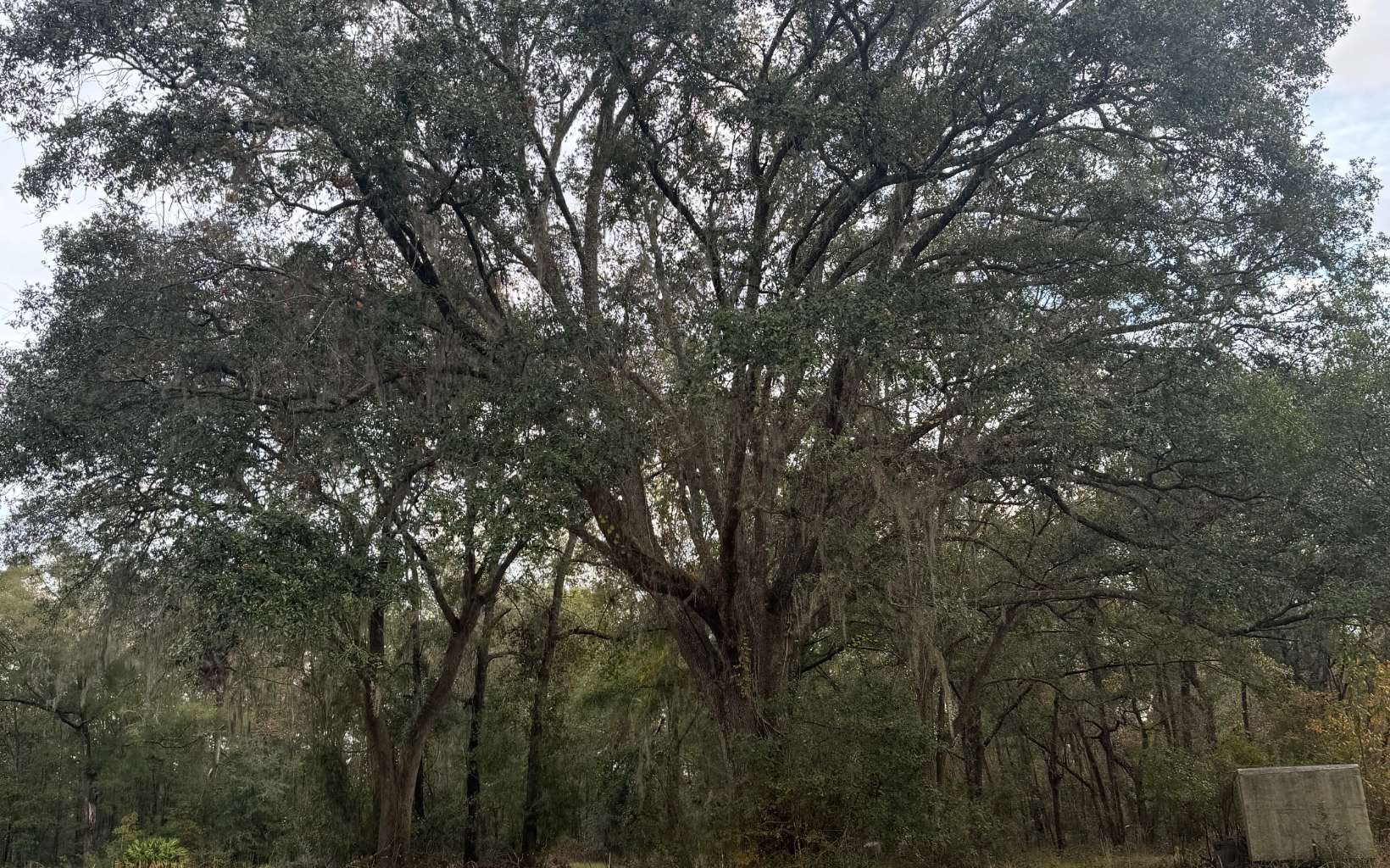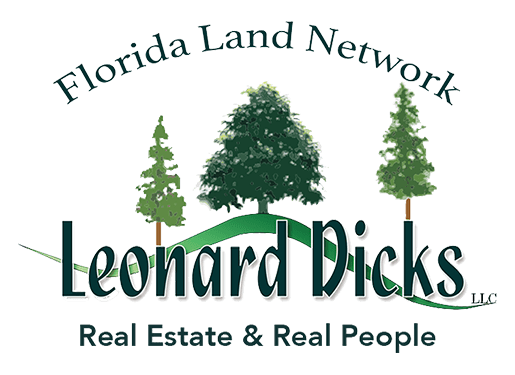
Purchasing land in North Florida for RV or mobile home use can offer a flexible and affordable lifestyle. However, navigating the requirements for this type of land use requires careful consideration of local regulations, utility access, and environmental aspects. Here’s an in-depth guide to help you find the perfect spot for your RV or mobile home.
Zoning and Land Use Regulations
The first step in purchasing land for RV or mobile home use is understanding local zoning regulations. Zoning laws vary significantly across North Florida counties and municipalities, with different zones permitting or restricting the placement of mobile homes and RVs. Typically, rural or agricultural zones allow for RVs or mobile homes, while some residential areas may have restrictions.
Contact the local zoning or planning department to confirm if the property is zoned for your intended use. Some counties may allow short-term RV stays without a permit, while others require specific zoning or permissions for permanent RV placement. You can also consult with the Florida Department of Health’s Mobile Home Park Regulations for more insight on local guidelines that affect mobile home or RV communities.
Keep in mind that zoning restrictions may also influence property resale value, so it’s essential to understand these limitations if you plan to sell or lease the property in the future.
Permitting Requirements
Installing a mobile home or setting up an RV on North Florida land typically involves multiple permits, depending on the property’s location and existing infrastructure. Permits help ensure that your setup meets safety and environmental standards. Here are the main permits you’ll likely need:
- Building Permit: Required for any structural additions, like building decks or shelters around your RV or mobile home. Some counties also require permits for RV pads or sheds if they’re considered permanent structures. Contact your county’s building department for permit guidelines and requirements.
- Septic System Permit: If your land doesn’t have access to a municipal sewer system, you’ll need a septic system for wastewater. Florida law mandates that any new septic system installation requires a permit from the Florida Department of Health, which will evaluate factors like soil type, water table levels, and system design suitability. Proper septic installation is crucial, as it ensures your property’s wastewater management is safe and environmentally sound.
- Electrical Permit: If the property isn’t already connected to electricity, you’ll need an electrical permit to establish a safe connection to the local power grid. This process may involve both a permit and inspection from your county’s electrical authority to verify that the wiring and connections meet code standards.
- Well Installation Permit: If municipal water isn’t available, you may need a well to supply potable water. Installing a private well requires a permit through the Florida Department of Environmental Protection (DEP), which regulates well construction to protect groundwater resources. A well installation permit typically involves site inspections to ensure compliance with safety and environmental guidelines.
Each county may have additional permit requirements based on specific local needs, so check with the local permitting office to confirm what you need before purchasing land for RV or mobile home use.
Utility Access
Having reliable access to utilities is a crucial consideration for RV or mobile home living. Utility access can vary widely based on the property’s location, so make sure to understand what’s available and budget for potential installation costs.
- Water Access: If the property has access to municipal water, connecting to this system is often the simplest and most reliable solution. If not, a private well is usually the best alternative. For well installation, consult the Florida Department of Environmental Protection’s Private Well Program for regulations and requirements. Private wells are especially important in rural areas, but they require regular testing and maintenance to ensure safe drinking water.
- Sewage and Wastewater: Properties lacking access to a public sewage system will require a septic system. The Florida Department of Health oversees septic system installations and maintenance. Septic systems are designed based on the property’s soil type, water table, and the anticipated number of occupants. For RVs, consider portable or self-contained wastewater systems if you plan on using the land for short-term stays.
- Electricity: For properties without an existing electrical connection, the cost of connecting to the power grid can vary significantly. Confirm the distance to the nearest power lines and consult the local power utility for estimated connection fees. If grid connection is not feasible or too costly, solar panels and generators are viable off-grid alternatives for powering an RV or mobile home, especially in North Florida’s sunny climate.
- Internet and Phone Service: Internet and phone service options may be limited in rural North Florida. Consider satellite or mobile hotspot options if high-speed internet is necessary, especially in more remote areas where traditional wired services are unavailable.
Flood Zones and Environmental Considerations
Evaluating environmental conditions is vital to avoid unexpected issues with land designated for RV or mobile home use. Start by determining if the property lies within a flood zone, as areas susceptible to flooding may impact your placement options or insurance requirements. Use the Federal Emergency Management Agency (FEMA) Flood Map Service to check flood zone status, which helps inform where and how structures can be safely placed.
In addition to flood risks, wetlands and other protected areas may restrict where you can set up. The Florida DEP’s Wetlands Program outlines regulations that affect building on or near wetlands. Properties containing wetlands or environmentally sensitive habitats may have additional restrictions, and failing to comply with these could result in fines or required site adjustments.
Deed Restrictions and Covenants
Before committing to a land purchase, review the property’s deed for any restrictions or covenants that may limit the use of RVs or mobile homes. Some properties have restrictive covenants imposed by previous owners or homeowners’ associations (HOAs) that prohibit or limit RV and mobile home use. Even if local zoning allows mobile homes or RVs, private restrictions in the deed can override these permissions.
To ensure you’re aware of any deed restrictions, consult with a real estate attorney or work with a REALTOR® familiar with North Florida’s land regulations. They can help identify and interpret any covenants that might affect your plans.
Property Accessibility
Accessibility is essential for RV and mobile home owners, especially when it comes to maneuvering large vehicles. Confirm that the property has safe and navigable access, such as an established driveway or road. Some rural properties are located on unpaved or narrow roads, which may be challenging for RVs or larger mobile homes to navigate.
If the property lacks a road or driveway, budget for building an access route that can support the weight and width of your vehicle. Additionally, check for any easements that allow you to use access roads on neighboring properties, as well as rights-of-way that may permit access to and from public roads.
Are You Buying a Home or Land for Sale in Lake City?
If you’re moving to Lake City, we can help you find the perfect place to live. Call us at 386-243-0124 to tell us what you want from your home and we will begin searching right away.
Check these out:
- Paved road frontage for sale in Columbia County
- Non-deed-restricted land for sale in Columbia County
- Wooded oak tree land for sale in Columbia County
- Land-for-land home combo in Lake City
- Waterfront residential in Lake City
- Waterfront land in Columbia County
- Bank-owned homes and foreclosure in Columbia County
- Short sales in Columbia County



